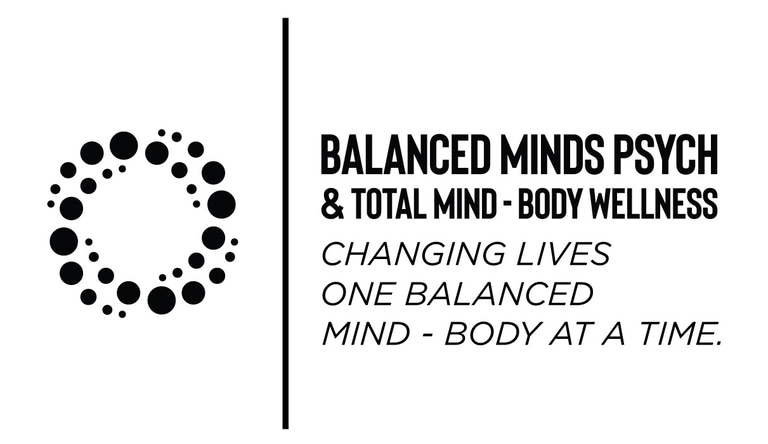Balanced Minds Psych & TMBW — Expert, compassionate mental health care for all ages. Contact us today.
Understanding Guilt: The Dual Nature of an Emotion
4/23/20252 min read


What is Guilt?
Guilt is a complex emotion that reflects our internal moral compass, serving as a signal from our conscience indicating when we feel we have deviated from our values. At its core, guilt can be a helpful emotion, guiding us to reflect on our actions, amend mistakes, and motivate personal growth. However, when guilt becomes overwhelming or misplaced, it poses a threat to our self-esteem, potentially leading to a sense of worthlessness.
Healthy Guilt vs. Toxic Guilt
At Balanced Minds Psych, we often discuss two distinct types of guilt: healthy guilt and toxic guilt. Understanding the difference between these two forms can be pivotal for emotional well-being. Healthy guilt arises when individuals recognize their wrongdoing and feel compelled to rectify their behavior. This constructive form of guilt encourages personal development, fostering a mindset that states, “I did something wrong, and I want to do better.” By acknowledging their mistakes, individuals can learn valuable lessons and improve their character.
Conversely, toxic guilt can be debilitating and pervasive, leading individuals to feel profoundly flawed as human beings. It fosters a damaging belief that “I am wrong,” thus shaming individuals rather than motivating them to improve. Often stemming from unrealistic expectations or deeply ingrained beliefs about self-worth, toxic guilt can leave individuals paralyzed, preventing them from acting in their best interests or seeking redemptive pathways.
Moving Beyond Guilt
Recognizing the distinction between healthy and toxic guilt is crucial for emotional resilience. When faced with guilt, it is helpful to evaluate whether it stems from a place of accountability or from an unrealistic self-critique. Engaging in self-reflection and mindfulness can assist individuals in navigating these emotions more clearly. By doing so, one can minimize the effects of toxic guilt and foster an environment for personal growth.
It can also be beneficial to seek support when dealing with overwhelming feelings of guilt. Professional guidance can provide strategies for transforming toxic guilt into healthy guilt, enabling individuals to learn from their experiences without being hindered by shame. Overall, the goal is to leverage guilt as a catalyst for improvement and to maintain a compassionate view of oneself in the process.
In conclusion, understanding guilt requires recognizing its dual nature. By distinguishing between healthy and toxic guilt, we can gain clarity in our emotional responses. By addressing feelings of guilt constructively, we can foster personal growth, enhance emotional well-being, and ultimately contribute positively to our lives and the lives of others.
Care
Compassionate support for your mental health journey.
Trust
Empower
Phone: (435) 218-7352 Fax: (435) 215-2571
© 2024. All rights reserved.
